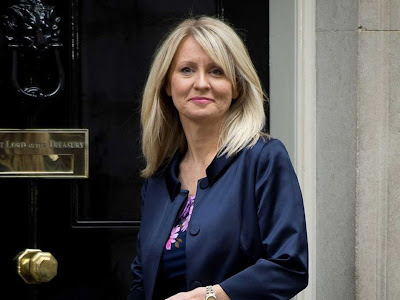Getting to Know the Pension Protection Fund

The last post of Financial Regulation Matters looked at the then-ongoing crisis at Carillion ; now we know that the firm could not survive the crisis , with the situation being that an official receiver was appointed to liquidate the company immediately . Whilst this author is not of the habit of agreeing with Andrew Adonis, his recent likening of the situation to the Enron scandal , in terms of the extent of the scandal and who it will ensnare as it develops, seems to be an accurate depiction; our old friends KPMG are currently being scrutinised for providing positive audits just months before the firm spectacularly collapsed – no doubt, many financial (and political) players will be implicated as this remarkable corporate collapse continues to come to light. However, whilst Carillion and the collapse will be revisited in this blog and, no doubt, fill the business media for weeks to come, this post will take a different approach and use the story to better understand a different



